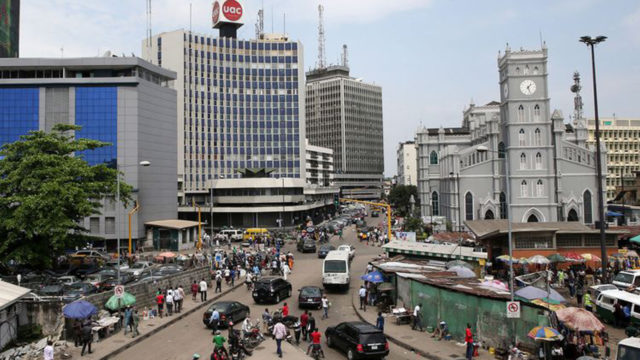The Central Bank of Nigeria (CBN) has reported a surge in borrowing by commercial banks and merchant banks seeking liquidity in the face of cash shortages. The intensified borrowing trend has been observed over the past eight months of 2023, raising concerns about the state of Nigeria’s financial sector.
According to CBN data accessed by sources, commercial and merchant banks have borrowed a total of N12.46 trillion from the apex bank during the first eight months of this year, including data up to the end of August 2023. This marked a stark increase from the N6.96 trillion borrowed during the same period in 2022, reflecting a substantial 79 percent rise.
These financial institutions have been accessing funds through the Standing Lending Facility (SLF) window, a short-term lending mechanism provided by the CBN. The SLF allows commercial and merchant banks to secure the necessary liquidity to maintain their daily operations. The urgency of accessing these funds is underscored by the CBN’s tightening of monetary policy stance, reflecting efforts to manage the liquidity challenges faced by the banking sector.
In addition to borrowing, banks have also been using the Standing Deposit Facility (SDF) window to deposit excess cash with the CBN. This is part of the broader efforts to maintain stability in the banking sector amidst the cash shortage.
While the increase in borrowing might offer a short-term solution for the banks’ liquidity concerns, the situation underscores the challenges facing the Nigerian financial sector. It also highlights the need for the central bank and financial institutions to collaborate on measures that can address these issues and ensure the long-term stability of the country’s financial landscape.
As the financial sector continues to grapple with cash shortages and borrowing, stakeholders are likely to closely monitor developments and engage in discussions to identify sustainable solutions for maintaining the health of the banking industry.















